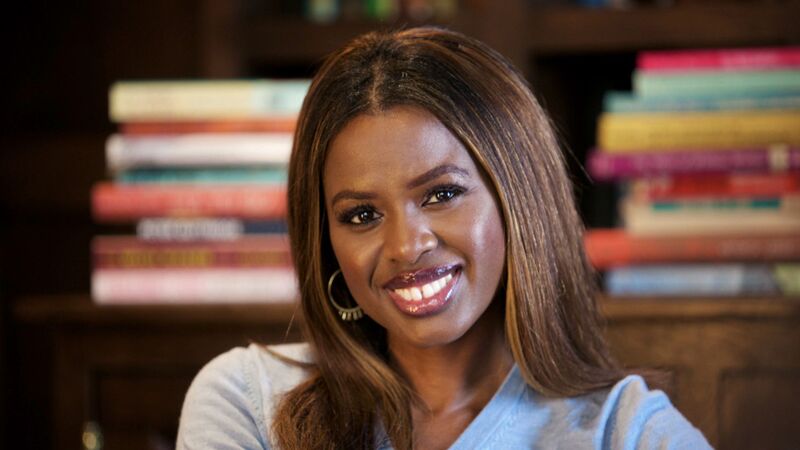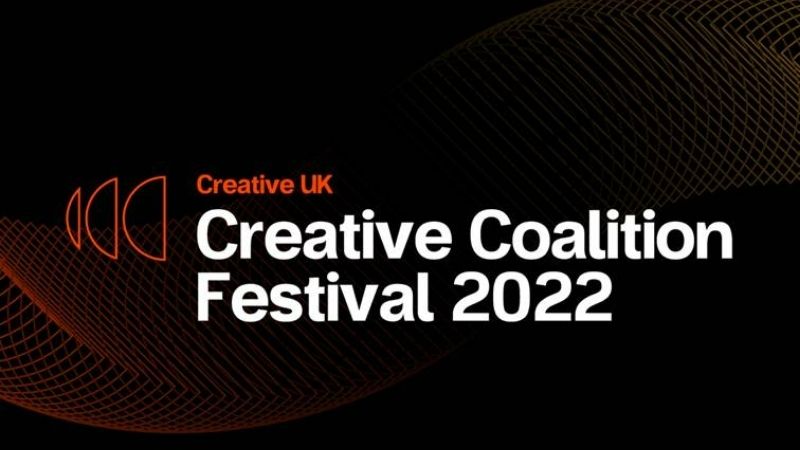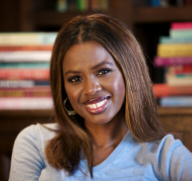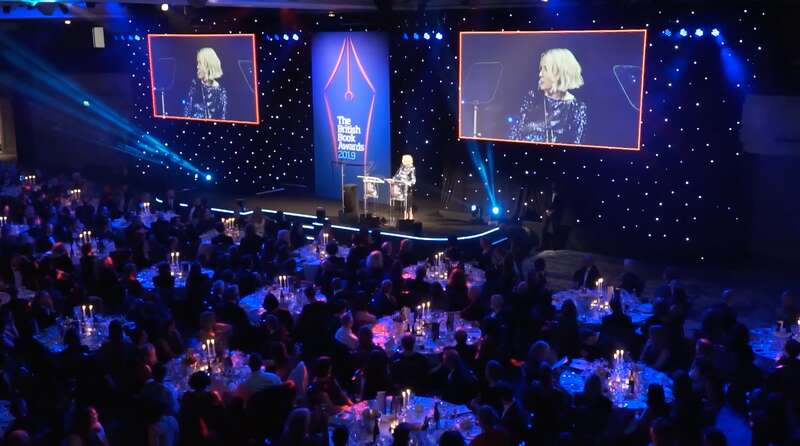You are viewing your 1 free article this month. Login to read more articles.
June Sarpong to launch home for untold stories with HQ imprint
Author, broadcaster and diversity advocate June Sarpong is launching an imprint with HQ, focusing on publishing and developing diverse authors.
The HQ Creative Inclusion Lab (HQ CIL) will release four books in its first year, thereafter publishing six titles across adult fiction and non-fiction annually, seeking new, unagented authors from underrepresented communities, with a focus on giving a voice to those with a disability, those from underrepresented ethnic backgrounds and people from working-class backgrounds.
Sarpong will be at the helm of the imprint as creative director, working with HQ Stories executive publisher Lisa Milton and HarperCollins c.e.o. Charlie Redmayne. It will be run by a team comprising industry experts and employees from the HarperCollins group.
“The ethos is really about telling the stories that haven’t been told,” Sarpong told The Bookseller. “The home for untold stories, that’s really what we are, the home for untold diverse stories, there are far too many of them unfortunately.”
The imprint also aims to build and support the careers of its writers and affiliates, working to demystify certain aspects of the industry, such as how to obtain a literary agent.
Milton said: “It is an honour to build on these foundations with June—one of the leading voices in inclusion—to create our new imprint. June is such a powerful leader of the change we want to see; together we can bring opportunities to many who have not previously felt publishing was open to them.”
Sarpong has published four books to date with HarperCollins; a new edition of her 2018 non-fiction work, The Power of Women, was released earlier this month. Describing the inspiration behind HQ CIL, she said: “I’ve been working with Lisa Milton and the HQ team for five years now—[it’s] scary how quickly time has flown by. And they’re just so committed to diversity and inclusion, and obviously it’s an absolute passion of mine and the driver for most of what I do.
“The thing that I kept realising was I’m very lucky, I was able to get a book deal because I have a bit of a profile and a track record, and though it wasn’t easy it was a straightforward process. But what is the route for people from backgrounds similar to mine, who have a story to tell? What is the route for those with disabilities, and not as much access to the outside world? What if you know you have a community that has something— a story, that’s really interesting to share, but it’s been overlooked for so long?”
In addition to nurturing writers, Sarpong wants the initiative to tap into the industry as a whole. “It’s not just about developing the authors, it’s all about developing an ecosystem of who’s behind the authors, from looking at how we nurture and develop diverse editors to graphic [artists]. We’re looking at it all, and I hope this becomes a pipeline for talent for the industry at large—because this is an industry issue, as we know,” she said.
“The obvious option is let’s just go for the writer—perhaps not easy, but obvious. I hope what we’re able to do with the Creative Inclusion Lab is look at it across the board. Obviously, we are at the start of this journey, but I hope we will be able to deliver real, tangible results.”



















